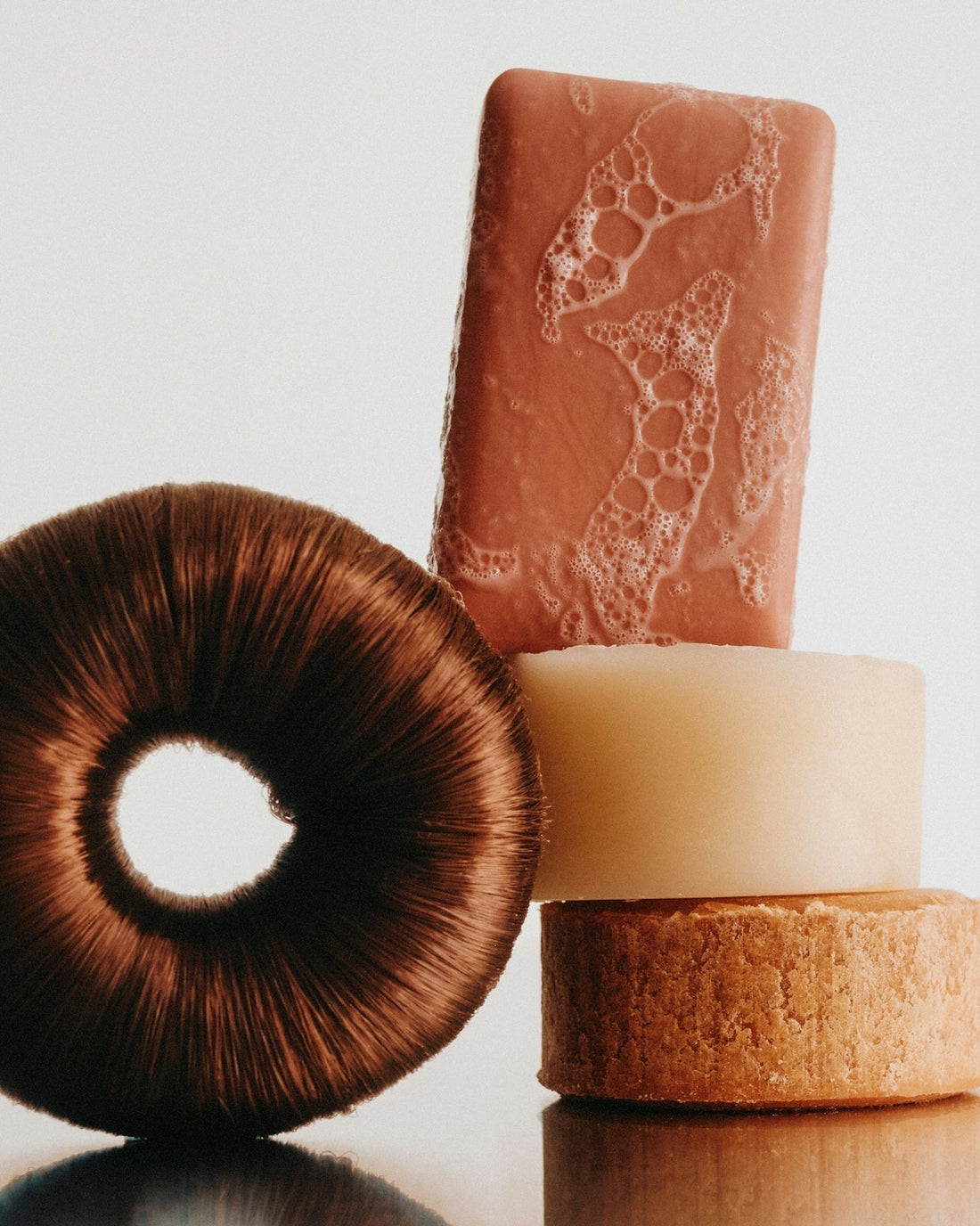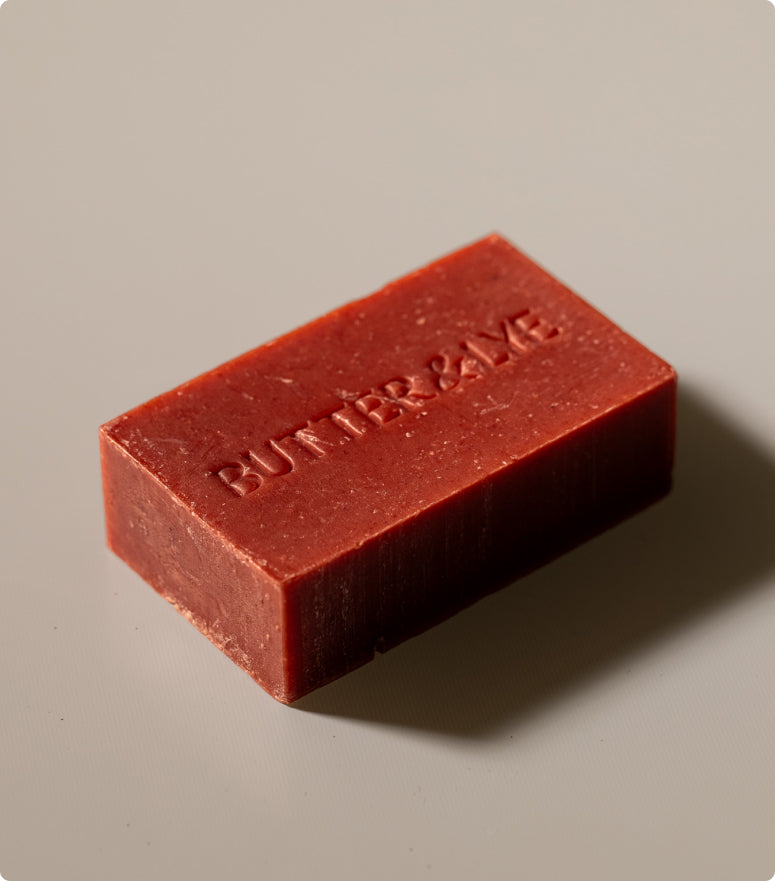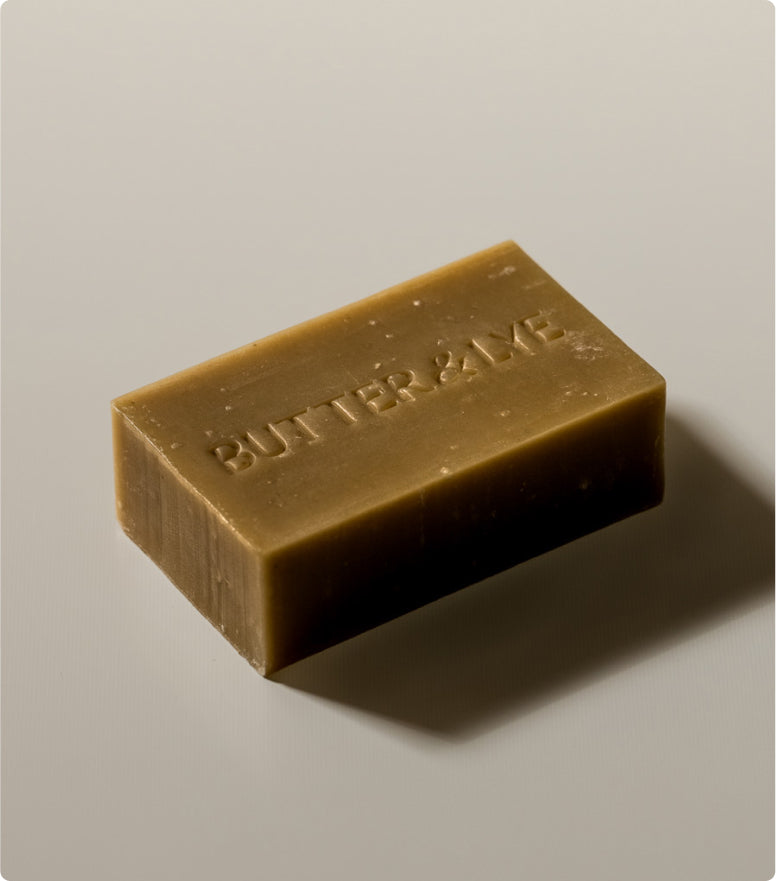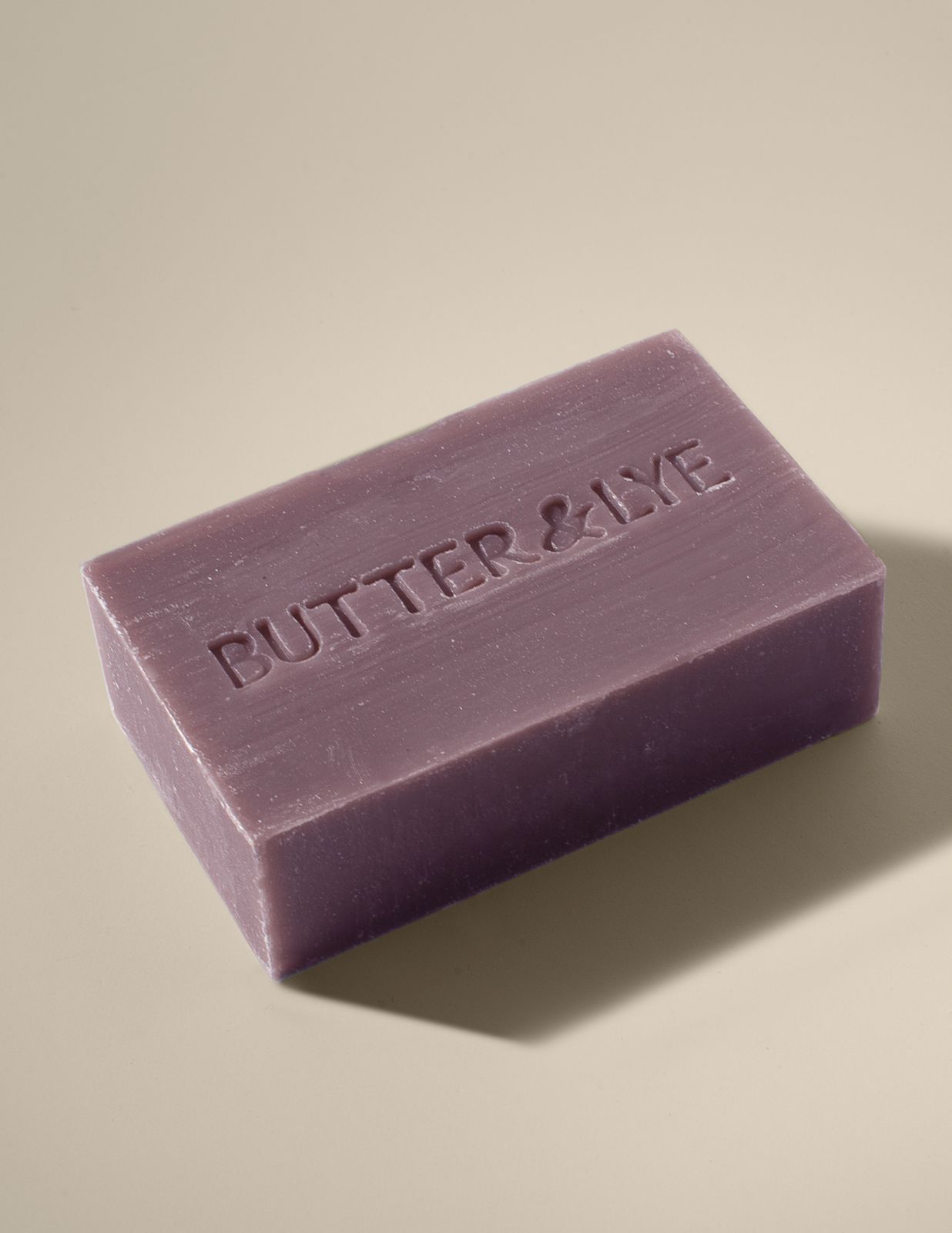The age-old debate between bar soap and body wash has left many wondering: which one is actually better for your skin?
While both get the job done, the choice goes beyond personal preference. If you’ve ever asked, “Is bar soap or body wash better?”, the answer depends on your skin type, ingredient preferences, and sustainability values. Let’s break it down.
Ingredients: What’s Really Cleansing Your Skin?
One of the biggest differences between bar soap and body wash is the ingredient composition. Many conventional body washes contain surfactants like sodium lauryl sulfate (SLS), which create that luxurious lather but can strip the skin of its natural oils. This can leave your skin feeling tight and dry, especially if you have sensitive or dry skin.
On the other hand, high-quality bar soaps (especially those made with natural oils) use traditional saponification, a process that turns plant-based oils into gentle cleansers. Ingredients like shea butter, olive oil, and coconut oil help retain moisture while cleansing the skin. If you’ve ever felt like your skin needs a drink of water after using body wash, it could be due to synthetic detergents stripping away too much natural oil.
Science-backed insight: A study published in the Journal of Investigative Dermatology found that harsh surfactants in body wash can weaken the skin barrier, making it more prone to irritation and dryness.
Discover The Best Natural Soap For Your Skin Type or Concern
Hygiene & Bacteria: Does Bar Soap Hold Germs?
A common myth is that bar soap harbors bacteria, making body wash the more hygienic option. However, research suggests otherwise. A study published in the Journal of Epidemiology and Infection found that while bacteria can be present on bar soap, it does not transfer to the skin in significant amounts to cause harm.
Bar soap actually cleans itself with every rinse, while body wash requires a loofah or sponge, which can trap moisture and bacteria if not cleaned properly. If hygiene is your concern, simply store your soap on a well-draining dish to keep it dry between uses.
Sustainability: The Environmental Impact of Your Shower Routine
If eco-friendliness is a priority, bar soap is the clear winner. Most body washes come in plastic bottles, contributing to waste and pollution. According to the Environmental Protection Agency (EPA), only about 9% of plastic waste is recycled, meaning the majority of body wash containers end up in landfills or oceans.
Bar soaps, especially those packaged in paper or cardboard, generate less waste and last longer than liquid body wash, making them the more sustainable choice.
📌 Fun fact: A study published in the American Journal of Chemical Engineering found that liquid soaps require five times more energy to produce and transport than solid soap bars.

Final Verdict: Is Bar Soap or Body Wash Better?
For those seeking gentle, nourishing ingredients and a more sustainable choice, bar soap is the clear winner. However, if you have extremely dry or sensitive skin, a soap bar with added humectants (like glycerin or hyaluronic acid) may work better in some cases.
At Butter & Lye, we believe in the power of bar soap, using clean, plant-based ingredients that nourish your skin without the harsh additives found in body washes. If you're ready to make the switch, check out our collection of gentle, moisturizing bar soaps that cleanse without compromise.
Explore Our Bar Soaps Here:




